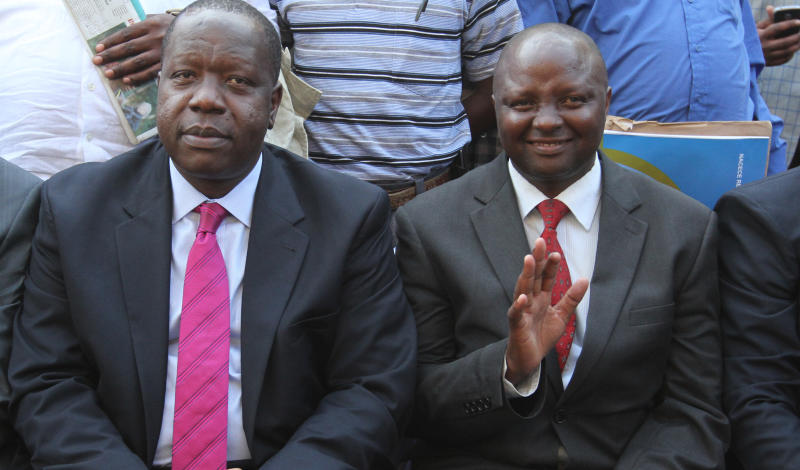×
The Standard e-Paper
Stay Informed, Even Offline

The National Parents Association has linked the schools unrest witnessed in the country recently to term dates which they want reviewed by the government.
The National Assembly Education committee on Friday heard the concerns raised by the association chairperson Nicholas Kimaiyo, attributing the new wave of unrests to longest school calendar causing fatigue among student.